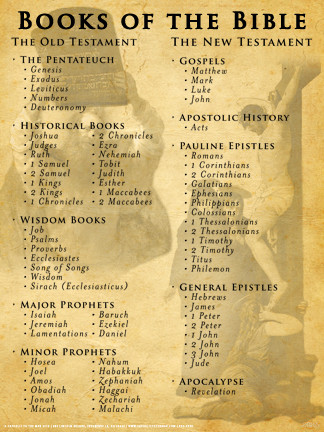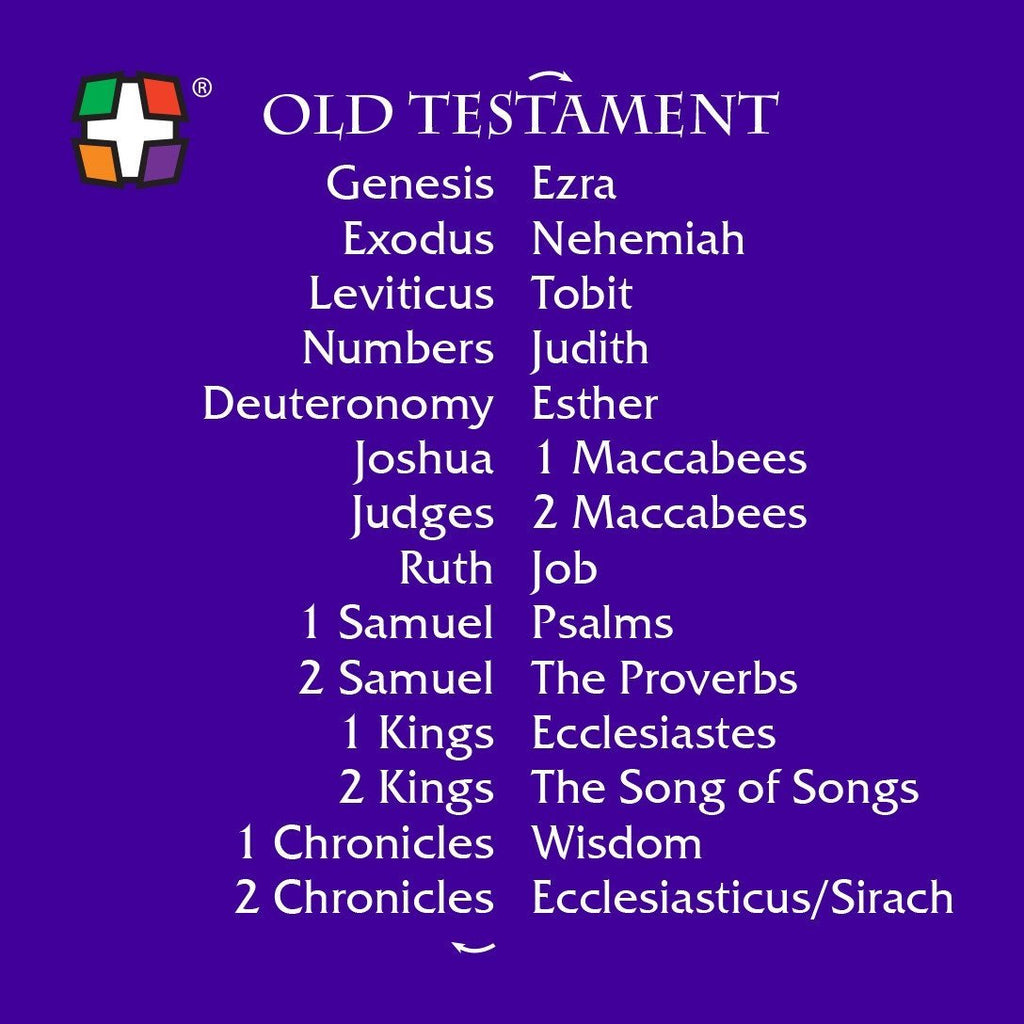
What Are the 46 Books of the Old Testament in Order?
#Books of the bible full#
Whether for study or interest, read on to discover a full list of Bible books in order, what it means to have the books of the Bible in chronological order, and a brief overview of their contents and importance.

If you've ever wondered about the order of the books of the Old Testament in the Bible, you're not alone.

The Old Testament books are also split into five main categories: the Pentateuch, the historical books, the wisdom books, the prophets, and the poetic books. The Old Testament and Hebrew Scriptures explore a wide period of human history, from what some individuals believe is the creation of man to the trials of the Jews at the hands of their enemies.Īnd while the New Testament focuses on Jesus Christ and his ministries to the Romans, Jews, and others, the Old Testament books of the Bible are an essential foundation for the contents of such later Biblical works. But I don’t think this was the case.As a religious canon or collection of scriptures for the Christian faithful, the books of the Bible are important. We cannot avoid the reality that though God’s invisible hand of providence was certainly at work in the process, there was a historical sifting process and human judgments were made that could have been mistaken. Those human decisions did not make something that was not authoritative suddenly authoritative, but rather the church was bowing, acquiescing to that which they recognized to be sacred Scripture. It’s one thing to make something authoritative, and it’s another thing to recognize something that already is authoritative. Most Protestants, however, take a different view of the matter and point out that when the decision was made as to what books were canonical, they used the Latin term recipemus, which means “we receive.” What the church said is that we receive these particular books as being canonical, as being apostolic in authority and in origin, and therefore we submit to their authority. Some people take the position that the church is a higher authority than the Bible because the only reason the Bible has any authority is that the church declared what books the Bible would contain.

So to speak in terms of two or three thousand being boiled down to twenty-seven or something like that is a distortion of historical reality.

Doesn’t that raise some serious questions? Isn’t it possible that certain books that are in the Bible should not be there and others that were excluded by human evaluation and human judgment should have been included? We need to keep in mind, however, that of those not included in the last analysis, there were at the most three or four that were given serious consideration. Skeptics have pointed out that over three thousand books were candidates for inclusion in the New Testament canon alone, and only a handful (twenty-some books) were selected. There have been many different theories set forth over the history of the church as to exactly how God’s hand was involved in this selection process. Canon is taken from the Greek word canon, which means “measuring rod.” That means it is the standard of truth by which all other truth is to be judged in the Christian life. In fact, we call the Bible the canon of sacred Scripture. Even though we think of the Bible as being one book, it’s actually a collection of sixty-six books, and we realize that there was a historical process by which those particular books were gathered together and placed in one volume that we now know as the Bible.


 0 kommentar(er)
0 kommentar(er)
